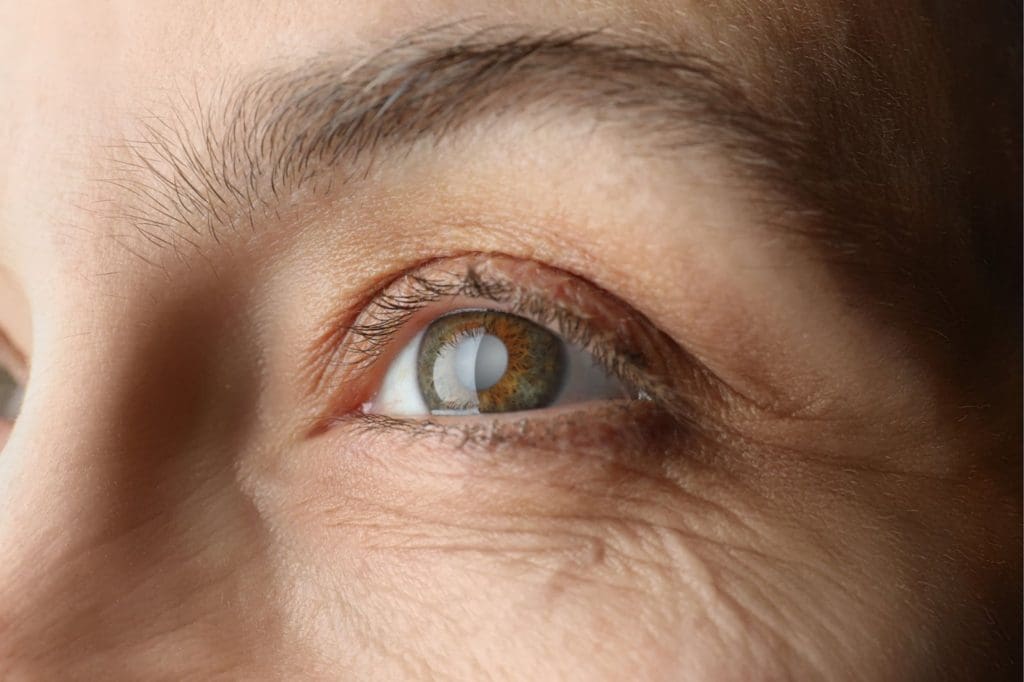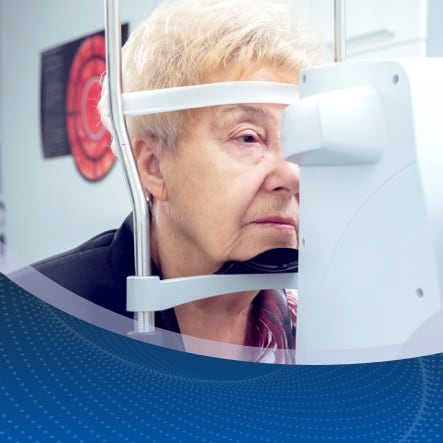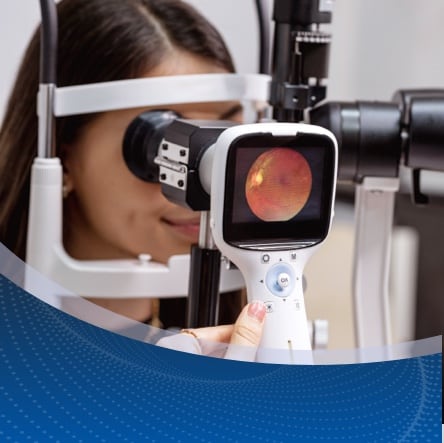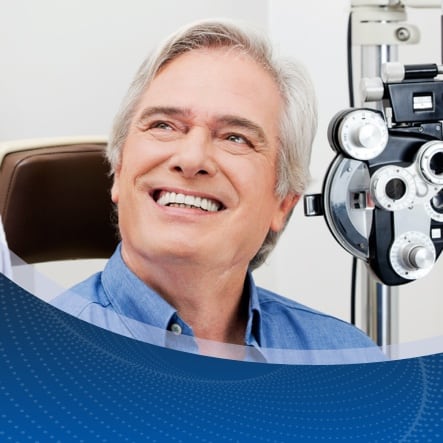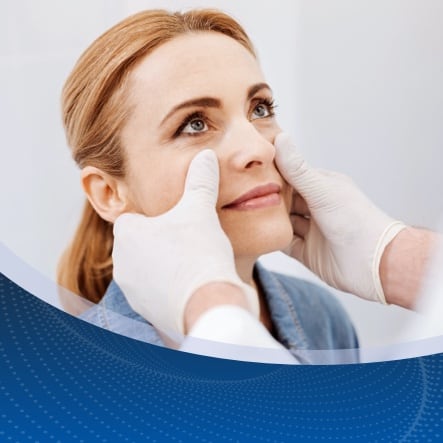What Increases Your Risk of Cataracts?
Cataracts are one of the leading causes of blindness. But while cataracts are treatable, they can also be preventable. Which opens the door to questioning: “What increases my risk of cataracts?” or “How do I protect myself from getting cataracts?”
Cataracts result from and are considered a normal consequence of aging. However, there are other factors that can increase your risk of cataract development.
What Causes Cataracts
More than 50% of Americans over 80 years have a cataract or had cataract surgery. Despite age-related cataracts, cataracts can occur at any age.
In age-related cataracts and after age 40, the proteins in the eye break down and clump together to form a cloudy area on the eye lens. Starting as a small cataract, it gradually grows to cover more lens area resulting in blurred vision.
Other factors causing cataracts include genetics, trauma to the eye or past eye injuries, diabetes, past eye surgeries like glaucoma, or long-term use of steroid medications.
Are You at Risk for Developing Cataracts?
Cataracts occur when the lens inside your eyes becomes cloudy over time. So as you age, so does your risk of developing cataracts. Your risk is also higher when including the following factors:
Family History
If someone in your family has cataracts, there is a higher chance you may develop them as well. If this is the case, ask your eye doctor what to do to help prevent the development of cataracts.
Diabetes
People with diabetes are up to 5 times more likely to develop cataracts. The high blood sugar levels in diabetes cause structural changes in the eye lens and, therefore, accelerate cataract development.
Obesity
Studies have shown an increased risk between obesity and the development of age-related cataracts. Cortical and Posterior Subcapsular cataracts types show a consistent association with obesity.
Ultraviolet(UV) Radiation
If you work outside or spend a lot of time in tanning booths, exposure to UV rays increases your risk or induces cataract development.
Exposure to Radiation and Radiation Therapy
People who undergo radiation treatment for cancer are at higher risk of developing cataracts, also known as radiation cataracts. Study results also suggest an increased risk of cataract development associated with exposure to low-dose radiation.
Smoking
Smoking leads to an increased risk of cataracts. People who smoke are 2–3 times more prone to develop cataracts.
Alcohol
A study shows excessive amounts of alcohol consumption can significantly increase your risk of age-related cataracts.
Preventative Measures
By taking into consideration the risk factors for developing cataracts, you can take the following steps to protect your eyes:
- Stop smoking: Smoking is harmful to the lungs and the eyes. Research shows if you stop smoking, your chances of having cataract removal decline from 42% to 21%.
- Wear sunglasses: Choosing the right sunglasses with UV protection and wearing wide brim hats protect your eyes and block out ultraviolet A and B light from the sun.
- Reduce alcohol use: Excessive alcohol use can increase your risk of cataracts.
- Manage your health: It’s beneficial to manage health problems such as diabetes with proper treatment plans to control blood sugar levels.
- Maintain a healthy diet: Age and family history aren’t avoidable, but adopting a healthy diet rich in vitamins and antioxidants can help prevent cataracts or slow their progression. Minerals, vitamins, and antioxidants play a role in reducing your risk of developing cataracts. Antioxidants, found in green leafy vegetables, nuts, and fruits, fight free radicals before they reach high enough levels to cause harm to the body. A healthy diet can also help in maintaining your weight.
- Eye examinations: Another step in preventing cataracts is regular eye examinations. These can detect eye problems and early signs of cataract development.
The recommendation is to have a yearly exam if you are over 40 or have any eye conditions. If you have diabetes, an annual complete dilated eye exam allows your eye doctor to examine the back of the eye.
Concerned you might be at risk for cataracts, talk with the doctors at Griffey Eye Care. Let us support your vision with eye care and preventative care. Ask us about your risk of developing cataracts and ways to help lower your risk.
Read About: 7 Important Questions to Ask Before Cataract Surgery



